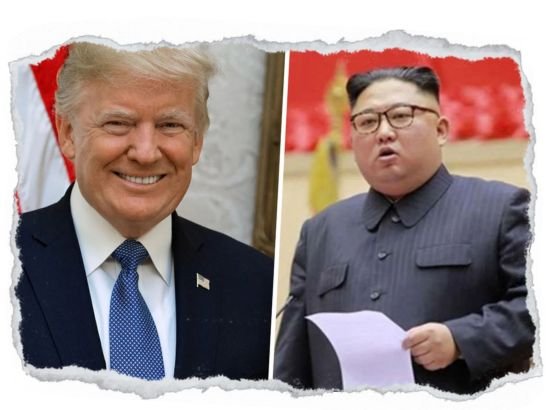
North Korea Condemns Trump’s ‘Golden Dome’ Missile Defense Initiative as a Prelude to ‘Space Nuclear War’
North Korea has issued a sharp rebuke of U.S. President Donald Trump’s recently unveiled “Golden Dome” missile defense system, labeling it a “very dangerous threatening initiative” that could escalate into a “space nuclear war scenario.” The condemnation, disseminated through the state-run Korean Central News Agency (KCNA), reflects Pyongyang’s deep concerns over the militarization of outer space and the potential destabilization of global strategic balance.
Announced on May 20, 2025, the Golden Dome is an ambitious $175 billion project aimed at establishing a multilayered missile defense shield. Drawing inspiration from Israel’s Iron Dome, the system plans to deploy hundreds of satellites equipped with advanced sensors and interceptors to detect and neutralize missile threats from adversarial nations, including North Korea, China, Iran, and Russia.
North Korea’s foreign ministry criticized the initiative as emblematic of “America first” policies, describing it as “the height of self-righteousness, arrogance, high-handed and arbitrary practice.” The ministry further accused the U.S. of being “hell-bent on the moves to militarize outer space,” asserting that such actions could trigger a new arms race and threaten international peace and security.
China has also expressed serious concerns over the Golden Dome project, urging the United States to halt its development to prevent further escalation of tensions and the potential for an arms race in space.
Despite the international backlash, President Trump remains steadfast in his commitment to the Golden Dome, asserting that the system is essential for national security and will be operational by the end of his term in 2029. However, experts have raised doubts about the feasibility of this timeline, citing the project’s complexity and the significant technological and budgetary challenges involved.
The Golden Dome initiative marks a significant shift in U.S. defense strategy, emphasizing the importance of space-based capabilities in countering emerging missile threats. As the project moves forward, it is likely to remain a focal point of international debate and concern over the future of space security and the potential for a new era of strategic competition